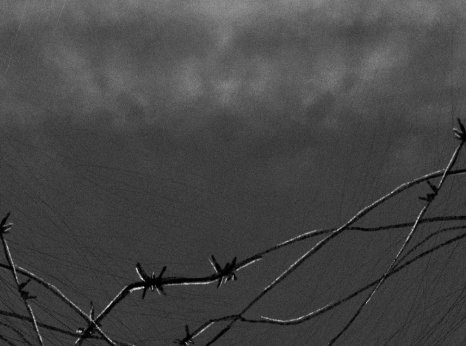Iran: Risks Of Further Protest-Related Executions

Amnesty International has documented how the trials of individuals for capital offences in connection with the “Woman Life Freedom” uprising have borne no resemblance to meaningful judicial proceedings. Authorities have barred individuals from accessing any lawyers during the investigation phase and have also prevented independently appointed lawyers from attending all court hearings and accessing their clients’ casefiles. Courts have used torture-tainted “confessions” to issue convictions.
The latest known death sentences in connection to the “Woman Life Freedom” uprising were imposed in mid-November 2024 against six individuals in the “Ekbatan” case, so named after the area in Tehran where a security agent was reported to have been killed during the uprising. They were convicted of murder by Branch 13 of Criminal Court One in Tehran, according to social media posts by Babak Paknia, a lawyer representing several of the convicted individuals. The six are: Alireza Bamerzpournak, Alireza Kafaei, Amir Mohammad Khosheghbal, Hossein Nemati, Milad Armoun and Navid Najaran. According to a report by BBC Persian, a Persian language media channel based outside of Iran, some of the six men were subjected to torture and other ill-treatment to obtain forced “confessions”. Their appeal is pending before to the Supreme Court. The same BBC Persian report stated that Milad Armoun, Navid Najaran and two others who were acquitted of murder charges in the criminal court case, namely Mohammad Mehdi and Hosseini Mehdi Imani, are also facing trial on capital charges before a Revolutionary Court for the same underlying allegations.
To date, the authorities have arbitrarily executed at least 10 people in connection with the uprising after grossly unfair trials marred by allegations of the use of torture and other ill-treatment to obtain “evidence”. Reza (Gholamreza) Rasaei, a 34-year-old member of the oppressed Kurdish and Yaresan ethnic and religious minorities in Iran was arbitrarily executed in secret on 6 August 2024 in Dizel Abad prison, Kermanshah province. According to information provided to Amnesty International by an informed source, the authorities did not give prior notice to Reza Rasaei, his family or lawyer. Within hours of informing his family of his execution, the authorities cruelly forced them to bury him in a remote area far from his home and in the presence of security forces.
In the aftermath of the “Woman Life Freedom” uprising, the Iranian authorities have intensified their use of the death penalty to instil fear among the population and tighten their grip on power. In 2023, authorities carried out at least 853 executions, marking a 48% increase from 2022. Of these, seven were protest-related: Mohammad Mehdi Karami and Seyed Mohammad Hosseini in January; Majid Kazemi, Saleh Mirhashemi and Saeed Yaghoubi in May; Milad Zohrevand in November– all in relation to the 2022 uprising; and Kamran Rezaei in November in relation to the November 2019 nationwide protests. The use of the death penalty has disproportionately impacted Iran’s oppressed Baluchi ethnic minority, who constitute about 5% of Iran’s population, yet accounted for 20% of all executions in 2023. In 2024, the Iranian authorities have continued their execution spree, including against ethnic minorities and dissidents. Amnesty International opposes the death penalty in all cases without exception. The death penalty is a violation of the right to life as proclaimed in the Universal Declaration of Human Rights and the ultimate cruel, inhuman and degrading punishment.